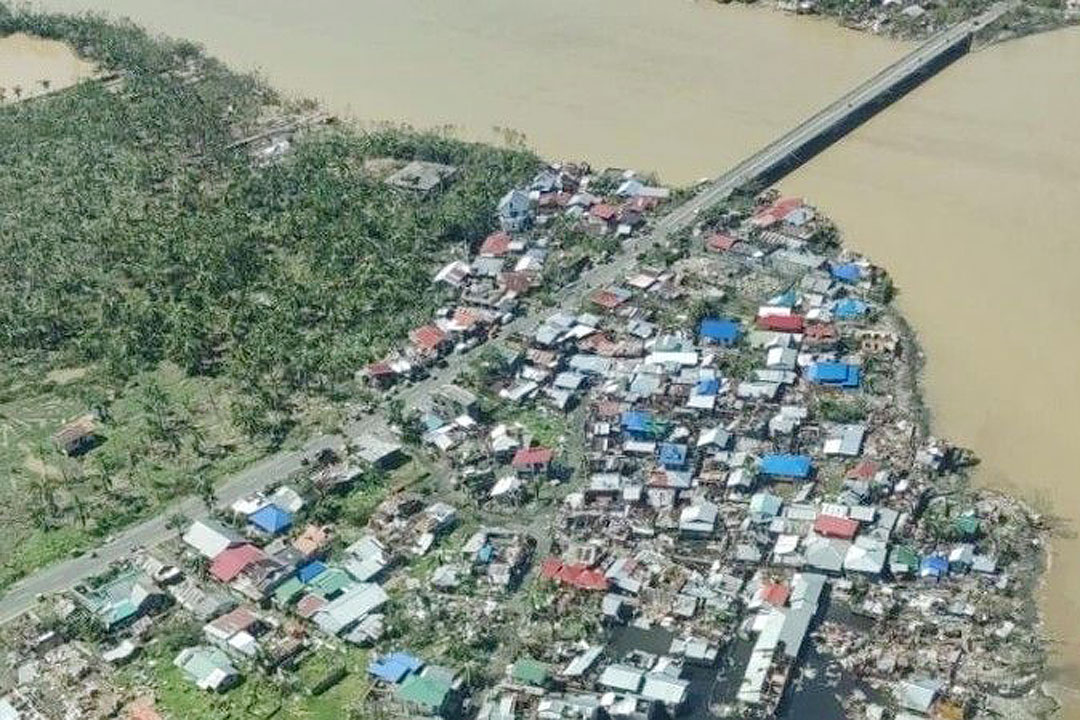
SMALL ISLAND communities in the Asia-Pacific are at greater risk from climate change, and aiding them is a “moral duty” for larger states, according to the Harvard Humanitarian Initiative (HHI).
“Support for low-lying island communities throughout the Asia-Pacific must be a priority for the international community. We know that these communities will have to bear a terrible burden for a climate crisis they had virtually no role in creating,” HHI Resilient Communities Program Director Vincenzo Bollettino said in a statement.
“Larger states have both a strong moral and practical duty to support adaptation measures and think through feasible strategies to support communities where forced migration is inevitable,” he added.
HHI, an institute within Harvard University, reported that limited resources and supporting for disaster measures are hindering community resilience in small islands in the Philippines.
It cited as a case study of Barangay Pugad, Hagonoy, Bulacan, which is effectively an island because it lies within a river delta system that empties into Manila Bay.
HHI said the barangay has limited funds to implement its community-based disaster risk reduction and management (CBDRRM).
“Sadly, Pugad is not alone in this since the issue they face is but a mere reflection of scarce resources across the entire country. Although there is a… National Disaster Risk Reduction and Management Fund (NDRRMF), the Local Disaster Risk Reduction and Management Fund (LDRRMF), and the Quick Response Fund (QRF) which is a portion of the NDRRMF, such financial resources are not proportionally allocated across provinces and tend to be heavily focused on disaster response rather than preparedness and resilience,” HHI added.
HHI said typhoons are inevitable and governments must invest in pre-disaster measures.
“Being hit by only one (typhoon) can bring them to a disaster trap. Thus, it is increasingly important for the government, at all levels, to focus on pre-disaster investments. Such communities need policy and financial support in their CBDRRM plans. It will be good to start with assisting such communities in terms of disaster risk financing and disaster insurance education, alongside a human rights-based approach (HRBA) to DRR and gender mainstreaming in disaster management,” it said.
“The continued onslaught of disasters and climate change impacts to Pugad diminishes the positive impact of resources brought about by the community’s partnerships with external development actors,” the report added.
It proposed the construction of disaster mitigation infrastructure projects to prepare the communities ahead of time.
“For infrastructure, it is also proposed that the residents in Pugad must invest in stilted housing rather than spending much of their savings and external financial support they receive on regularly fixing their damaged houses due to floods and land subsidence. Stilted housing can be the most effective type of adaptation strategy for people in small island communities in the Philippines who choose to stay over relocation measures,” the report added. — Luisa Maria Jacinta C. Jocson



